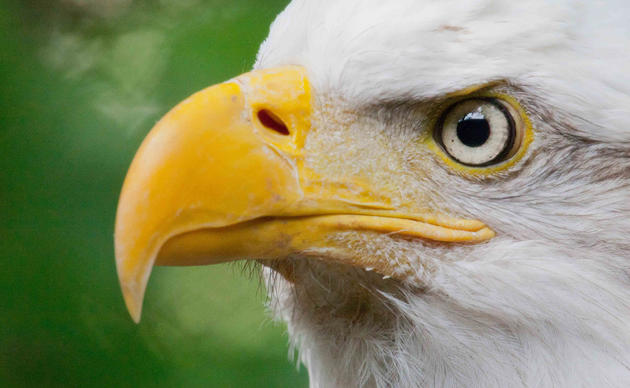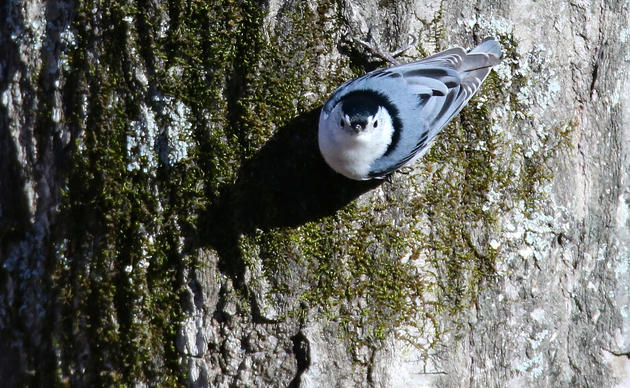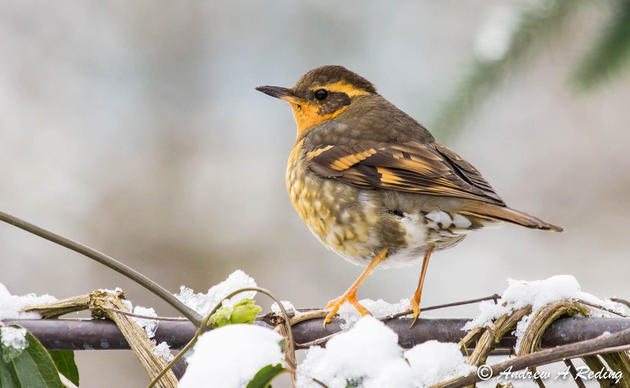Seattle, WA – April 18, 2024 – We are celebrating a significant step forward for birds and clean energy. The Energy Facility Site Evaluation Council (EFSEC) has accepted and will present to the Governor’s Office a Recommendation Report for the Horse Heaven Wind Project that incorporates the wildlife and habitat mitigation measures proposed by Audubon Washington, the Washington Department of Fish and Wildlife (WDFW), the Yakama Nation, and other key stakeholder groups.
Audubon Washington and its chapters and members have been actively engaged in the development of recommendations since the start, advocating for the needs of birds and wildlife in the State Environmental Policy Act (SEPA) public comment process, hearings, and adjudication.
“Audubon believes the build-out of renewable energy in Washington can be achieved in a way that balances the needs of people and wildlife,” said Trina Bayard, Ph.D., Interim Executive Director and Director of Bird Conservation at Audubon Washington. “We support the protective measures EFSEC has proposed to reduce impacts to at-risk species and habitats associated with the Project.”

In public comments to the Council, Audubon Washington outlined concerns regarding the project’s potential adverse effects on Ferruginous Hawk, wildlife connectivity, and other at-risk birds, while offering several mitigation measures, including:
-
Committing to micro-siting decisions that eliminate turbines within two miles of Ferruginous Hawk nest locations.
-
Mitigating appropriately for habitat loss across the entire Project Lease Boundary area.
-
Eliminating the creation of a pinch point for wildlife connectivity in wildlife corridor linkages.
-
Consulting with impacted tribes about the development and design of an alternative proposal in a manner consistent with their sovereign and treaty rights.

“EFSEC’s recommendation achieves a delicate balance between the need for renewable energy development and the importance of conserving biodiversity,” said Adam Maxwell, Senior Policy Manager. “While we are pleased that EFSEC’s decision adheres to the best available science, reducing the project's size highlights the challenges of scaling clean energy development under current development frameworks. Washington state will need bold policy innovation to reach its climate goals and clean electricity mandates.”
Audubon’s climate science shows that two-thirds of North American birds are at increased risk of extinction if we don’t limit the warming associated with climate change. As originally proposed, the Horse Heaven Wind project would have caused harm to state-listed Ferruginous Hawk and created barriers to landscape connectivity for shrub-steppe wildlife across a 113-square-mile area.



